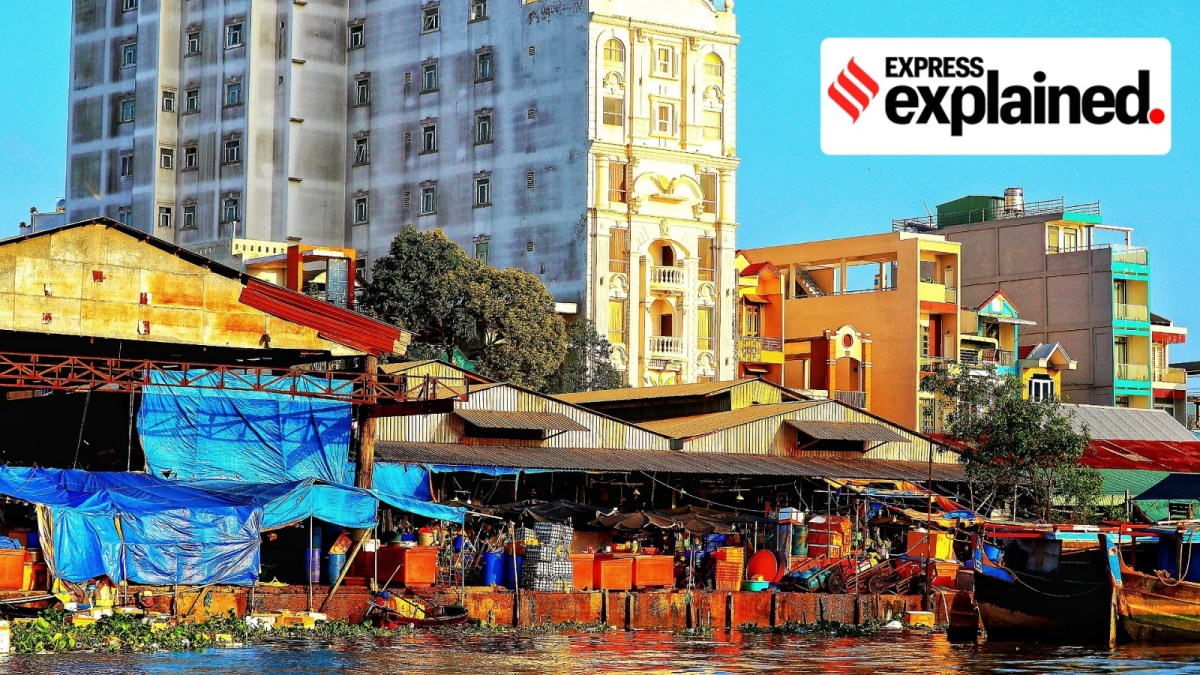Amid the ongoing Lok Sabha elections, political parties have pitched their ideas and prospective schemes to voters, such as ration provisions and increasing employment opportunities. Another prominent issue dominating the election discourse has been the need to protect and extend reservations for various social groups.
These themes point to the continued relevance of fundamental socio-economic concerns for Indian voters, or at least that is what political parties seem to believe. At times, however, a debate arises on whether to assign greater importance to social issues (relating to sectarian divides, caste, and gender discrimination) or economic issues (unemployment, price rise, etc.).
In this context, we explain why the two concepts matter on their own, and why they are both needed. A quote in this regard, part of the UPSC CSE exam in 2020, may be examined: “There can be no social justice without economic prosperity but economic prosperity without social justice is meaningless”.
The state as a provider of economic prosperity and social justice
Historically, the state has generally played a limited role, safeguarding the people living within its borders and maintaining law and order.
For instance, 17th-century English philosopher Thomas Hobbes believed humans were naturally inclined towards anarchy and competition and needed a central authority to maintain peace. Its power would be almost absolute, except when it threatened a citizen’s life.
Over time, various social and political ideas led to the state’s expansion into an enabler, helping citizens maintain a minimum standard of living. In the 18th century, Jean-Jacques Rousseau gave the concept of a social contract, meaning citizens coming together and delegating powers to the state contingent on certain obligations.
Their freedom was paramount and meant to be comprehensive, and the state would have to reflect the population’s general will, not cater to a few.
Story continues below this ad
World events such as colonialism and the World Wars further led to the belief that people needed to be given opportunities and made capable of improving the quality of their lives.
Many newly decolonised states initially focused on improving their dire economic situation through heavy investments in public infrastructure, aiding private enterprises and developing human capital through education and healthcare.
While some were successful, many failed to institutionalise concepts guaranteeing the rule of law, equality before the law and other basic tenets of civil society. Some states achieved only economic progress and limited freedoms for their citizens, while some achieved neither. Too often, economic insecurity fuelled social divides.
In India, it was early on recognised that given the diverse groups in society, securing “social, economic and political justice” was important, as outlined in the Indian Constitution’s preamble.
Story continues below this ad
While India did not lodge extremely high growth rates early on, its democratic experiment was seen as successful given a largely stable society. However, basic concerns related to a standard of living remained. The 1991 economic reforms, which liberalised the economy, were seen as a turning point in this regard, significantly opening the doors for the private sector.
The dilemma between economic and social progress
Despite the successes of those reforms, severe drawbacks are emerging. This is the case across the world, with the view that under certain economic models employed so far that emphasised growth greatly, only a few groups at the cost of the majority have availed economic prosperity.
Widening gaps in incomes (where the rich get richer and the poor get poorer) exploitation of vulnerable groups, severe environmental degradation and climate change are just some of the major problems the world is now facing as a result.
As a World Economic Forum article noted in 2015, “It is increasingly evident that a model of human development based on economic progress alone is incomplete.” Social justice needs to be secured too to ensure the happiness of a broader population, in realms of environmental rights, protection against discrimination, and equal rights.
Story continues below this ad
However, these rights alone cannot be exercised meaningfully in a society which lacks material resources and capacity. A woman will have difficulty in attaining education and availing of job opportunities if she does not have access to quality schooling and well-trained teachers. Therefore, economic progress undoubtedly matters in ensuring the fulfilment of social justice commitments.
Conversely, a society where people are economically well-off, but one that is highly unequal, is insufficient for ensuring collective happiness and satisfaction. Economic growth does not ensure freedom from pollution and heatwaves.
Similarly, historically disadvantaged caste groups continue facing prejudice and discrimination to date, despite having made improvements in their material conditions over the decades. This means that only economic progress is not enough for their well-being.
Therefore, there is a greater recognition that both economic and social progress are needed in co-existence. Inclusive growth and sustainable development are two related concepts here, but too often they are used as buzzwords and not accompanied by real action. In realising them, an important step would perhaps be for citizens to make more comprehensive demands from political leaders.
